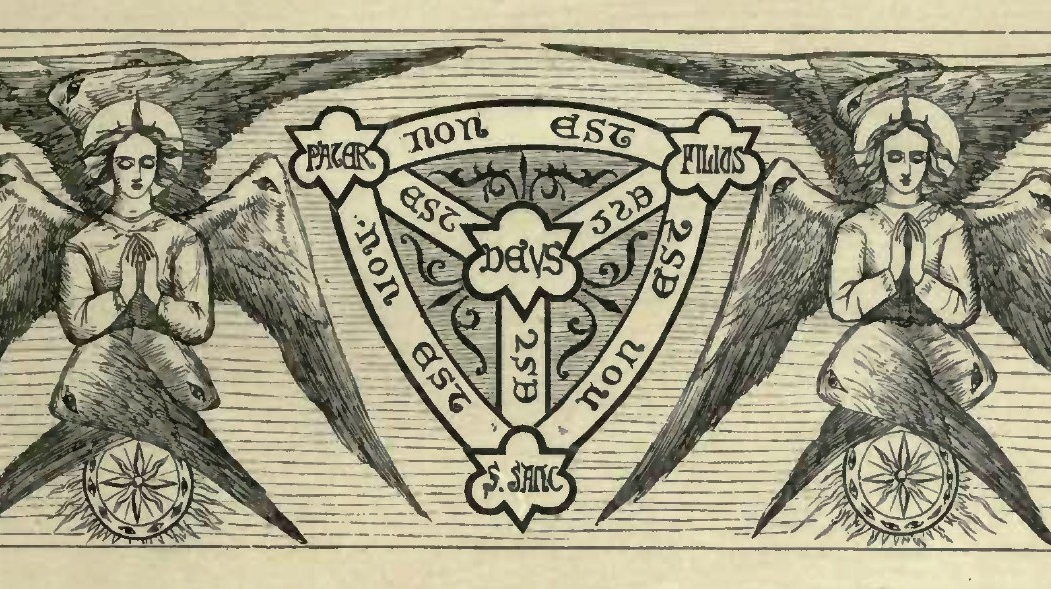Defining the concept of a unitarian
 Last time I offered a definition of the concept of a trinitarian.
Last time I offered a definition of the concept of a trinitarian.
This time, I will try to define the concept of a unitarian.
Many definitions of this concept are unacceptably polemical. It is unacceptable to define a unitarian as an anti-trinitarian. This violates requirements 3 and 5 – it doesn’t tell us what a unitarian is, but only what a unitarian is against. And this is part of a common slashing rhetorical strategy which I have recently mentioned. For the same reasons we must reject defining the concept unitarian as one who “denies the Trinity” or “has heretical beliefs about the Trinity,” etc. Equally, it is unacceptable to define a unitarian as one who holds the correct or biblical view about Jesus and God. Whether or not that’s so, it’s trying to sneak an argument for a thesis into a pseudo-definition of that thesis.
One common definition is,
Definition 1: someone who believes in exactly one unipersonal God.
I think this is on the right track, but the term “unipersonal” is obscure, and so this definition violates requirement 6 (and possibly also 3).
I have been working with this definition of the concept:
Definition 2: someone who believes that the one God just is (is numerically identical to) the Father.
I now think that this isn’t quite right.
First the definition is arguably too narrow. Read More »Defining the concept of a unitarian


 I woke up this morning, and realized that there is a problem with how I’ve been defining the concept of a unitarian. In this post, I will attempt a definition of the concept of a trinitarian, after reviewing what is required of a good definition.
I woke up this morning, and realized that there is a problem with how I’ve been defining the concept of a unitarian. In this post, I will attempt a definition of the concept of a trinitarian, after reviewing what is required of a good definition. 
















